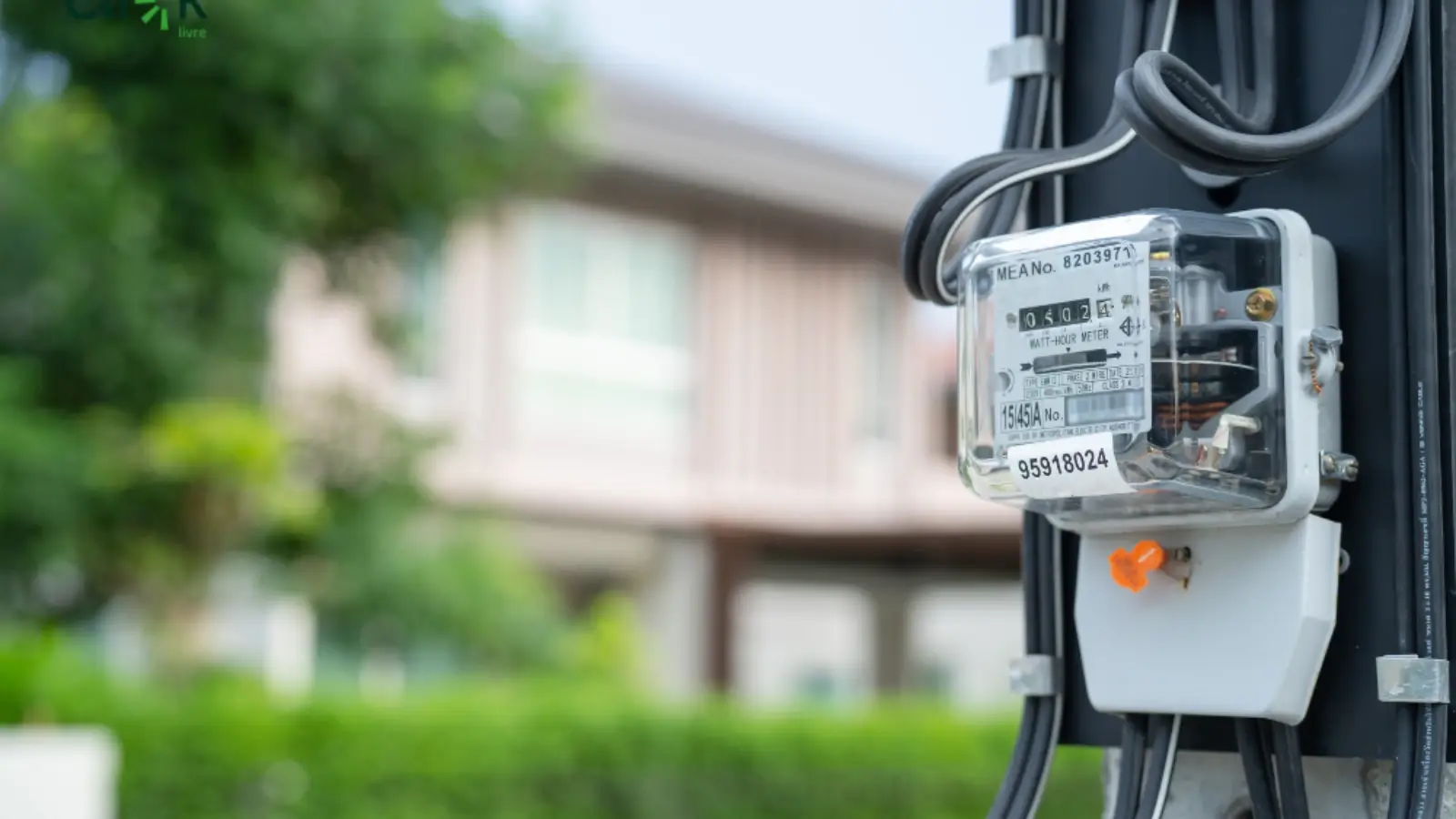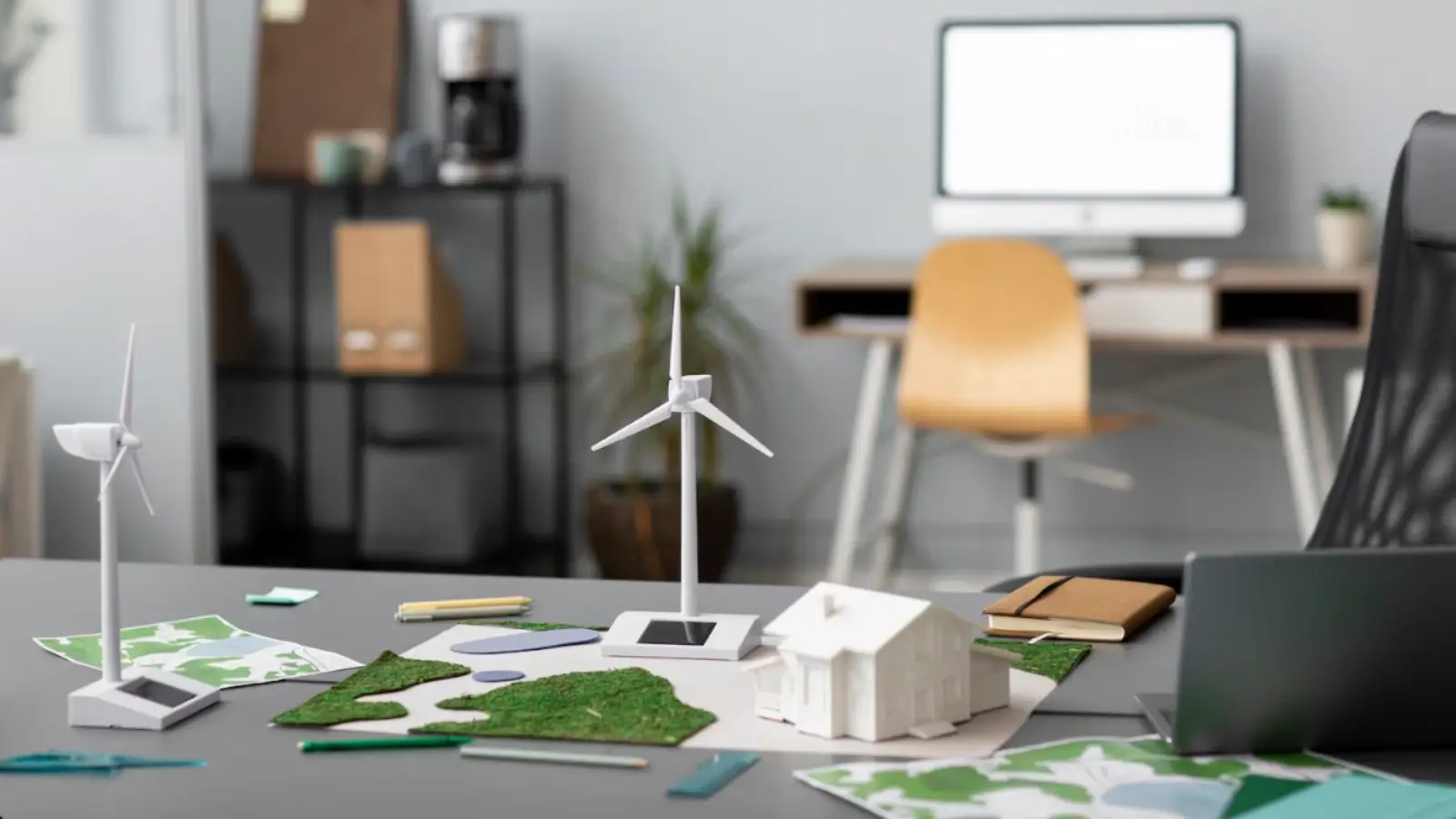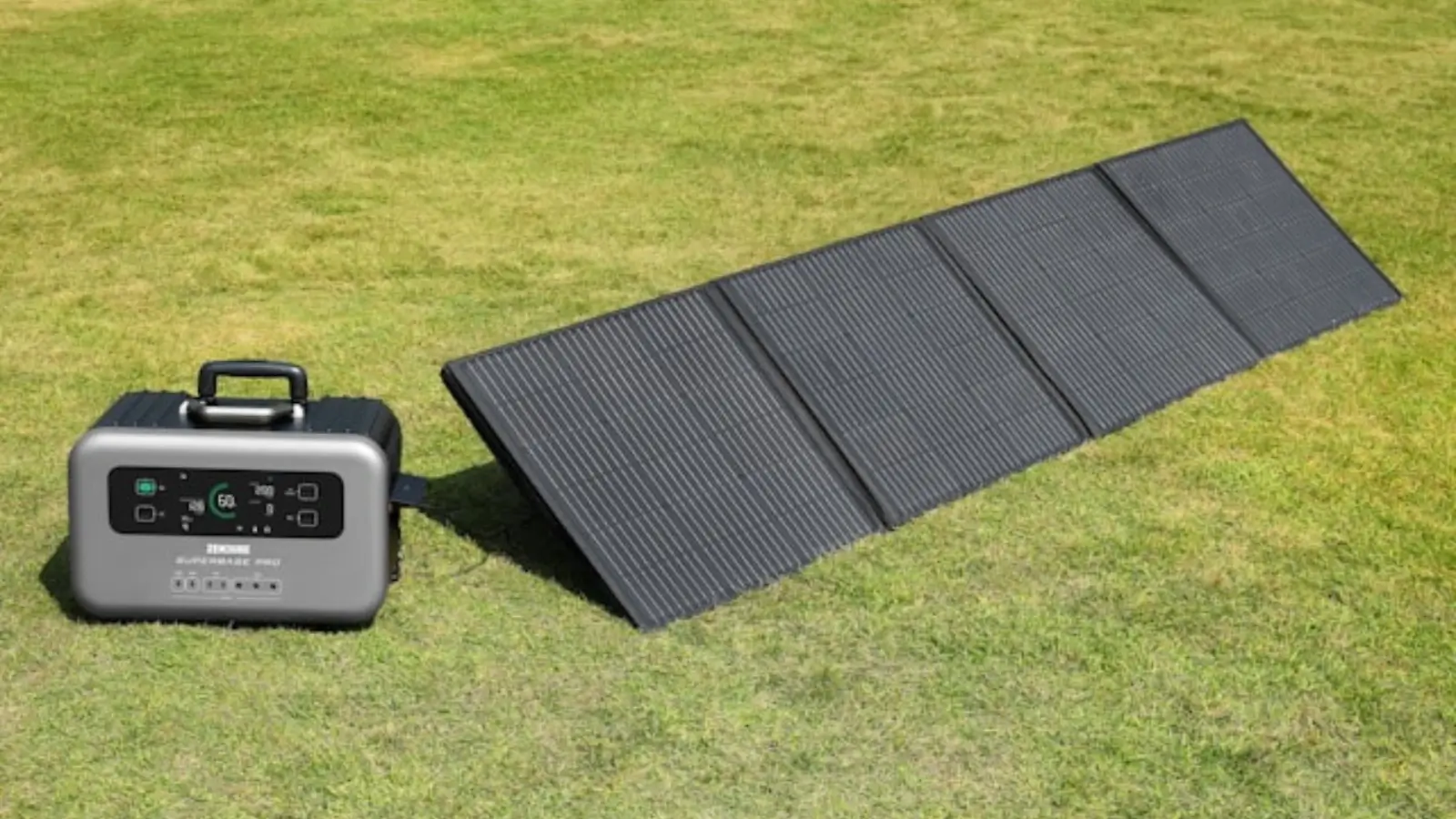As solar energy systems become more common in homes and businesses, battery safety is critical to ensuring performance, longevity, and peace of mind. Lithium-ion batteries, while highly efficient, can pose risks if not handled or installed correctly, from overheating to electrical faults.
With a few smart precautions and the right hardware, these risks are easily managed. Below are practical safety tips to help you set up and maintain a safer, more reliable solar battery system.
Installation & Monitoring Tips
Proper installation plays a major role in battery safety:
-
Ventilation: Install batteries in a well-ventilated, cool, and dry space to minimize heat buildup.
-
Thermal Protection: Avoid placing batteries near heat sources or in direct sunlight. Use enclosures rated for thermal management.
-
Battery Monitoring Systems (BMS): Use batteries with built-in or external BMS to detect voltage, temperature, and communication errors.
Battery Communication and Monitoring for Safer Solar Systems
Not all batteries are created equal, especially when it comes to safety in residential solar systems. Modern lithium-ion batteries designed for home energy storage often include smart communication protocols that do more than just share data, they actively enhance system stability and safety.
Choosing batteries that support communication methods like RS485 or CAN allows for seamless integration with charge controllers and inverters. This enables the Battery Management System (BMS) to monitor performance in real-time, detect anomalies, and trigger automated fault responses before issues escalate. Similarly, Bluetooth-enabled batteries offer convenient mobile access to critical metrics like temperature, charge levels, and usage history, making them ideal for homeowners who want to stay informed and in control.
These communication features not only extend the lifespan of your system but also reduce the risk of overcharging, overheating, or discharge failures. EPEVER’s lithium batteries are engineered specifically for solar applications and include options with RS485,CAN and Bluetooth connectivity to ensure safe, stable, and smart energy storage.
Charging Safety & Best Practices
Charging is where most lithium battery risks occur, especially overcharging or deep discharging. To prevent this:
-
Use a solar charge controller that’s compatible with your battery’s voltage and chemistry.
-
Program recommended charge/discharge settings provided in your battery's manual.
-
Enable protection features like low voltage disconnect and temperature compensation.
Regularly monitor charge cycles and adjust settings if you're in an environment with temperature fluctuations.
Maintenance & Lifespan Extension
Even maintenance-free batteries benefit from occasional attention:
-
Keep terminals clean and free of corrosion or dust buildup.
-
Perform visual inspections every few months to check for bloating, discoloration, or wire wear.
-
Apply firmware updates if supported, these may improve safety thresholds or enhance BMS accuracy.
Proactive care can significantly extend the lifespan of your battery, while also maintaining optimal safety levels.
Final Thoughts
Lithium-ion batteries are safe when installed and used correctly, but like any high-energy system, they deserve respect and diligence. Always read product manuals thoroughly, follow installation guidelines, and choose components that support your system's communication and monitoring needs.
If you're unsure where to begin, start by selecting a battery designed with safe communication protocols and monitoring tools built in. EPEVER’s range of advanced battery products provides a reliable foundation for any solar energy setup.

















